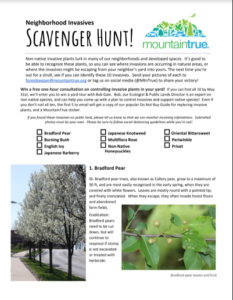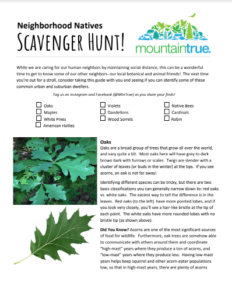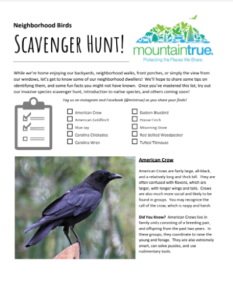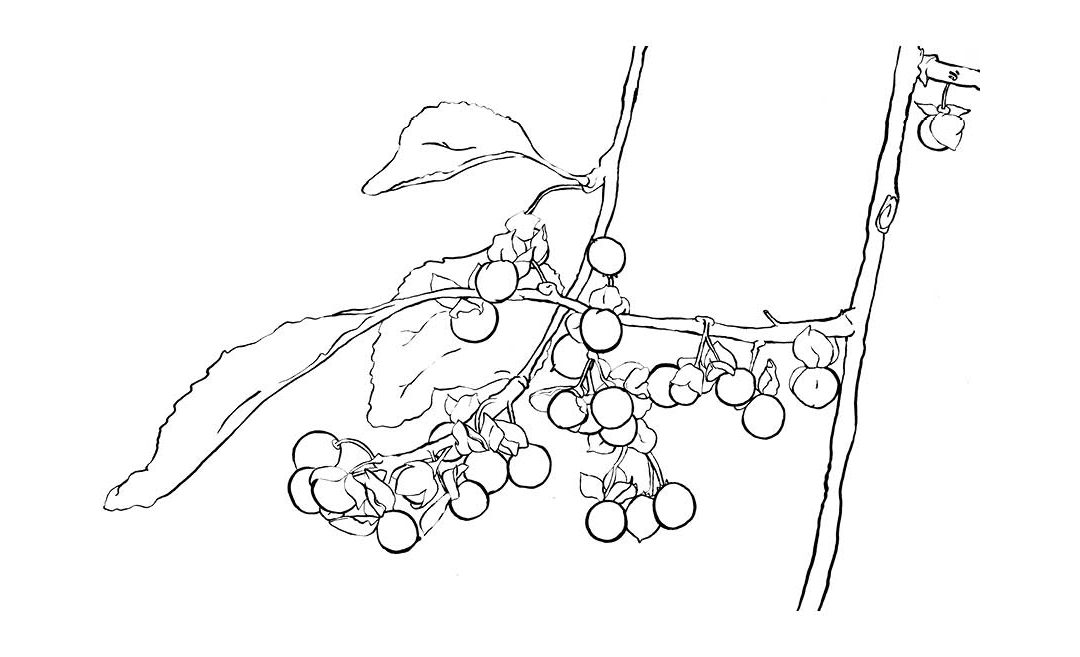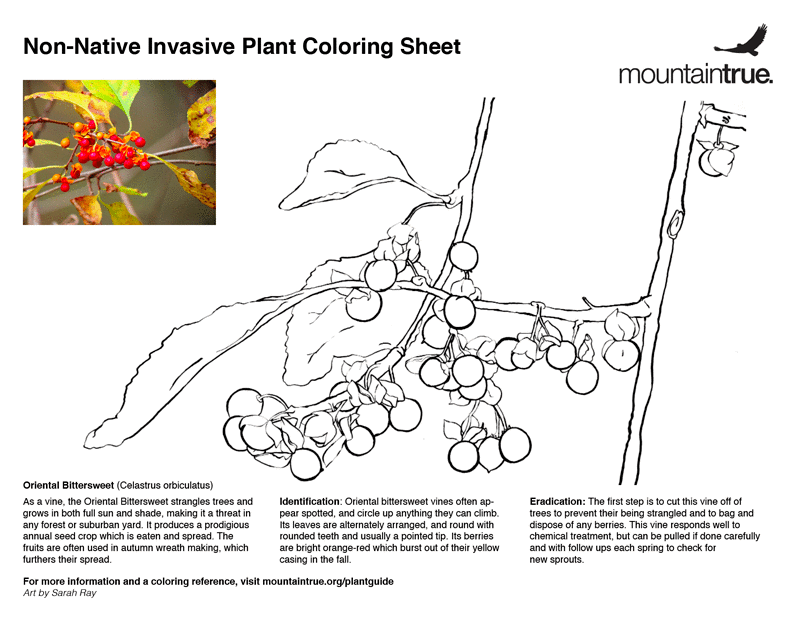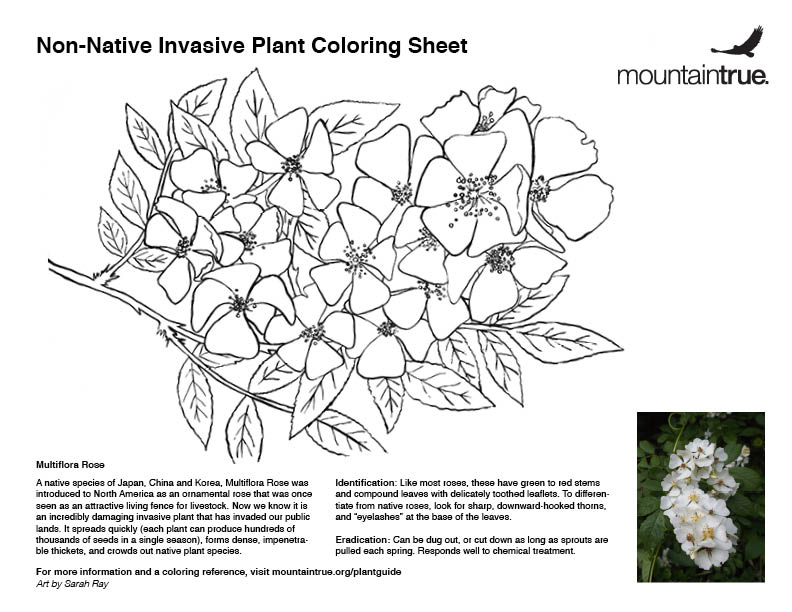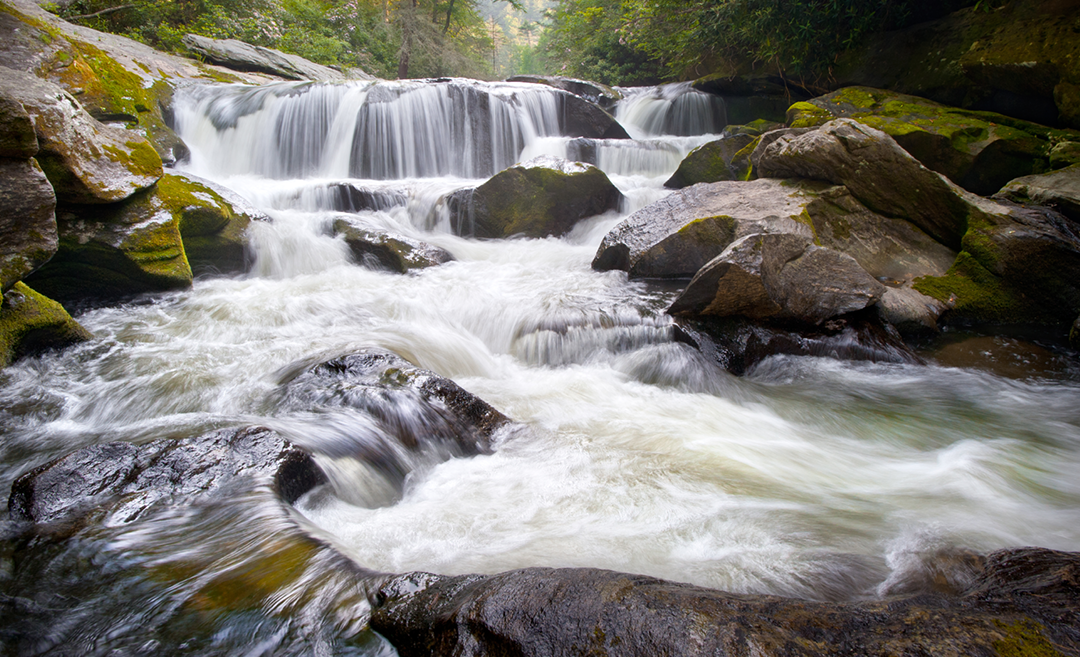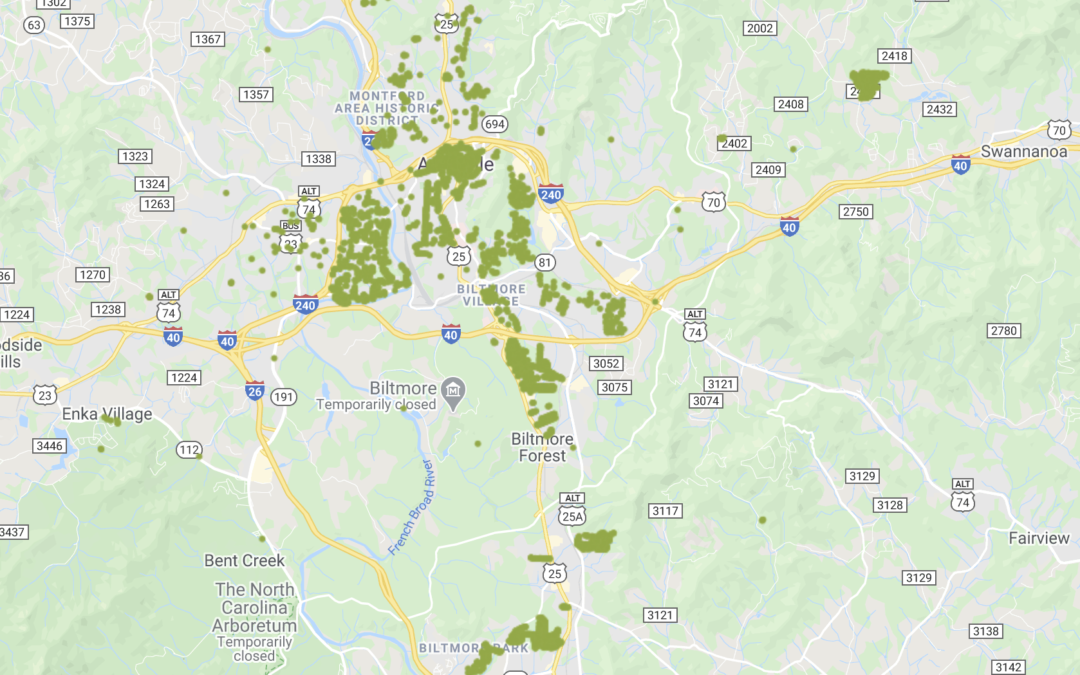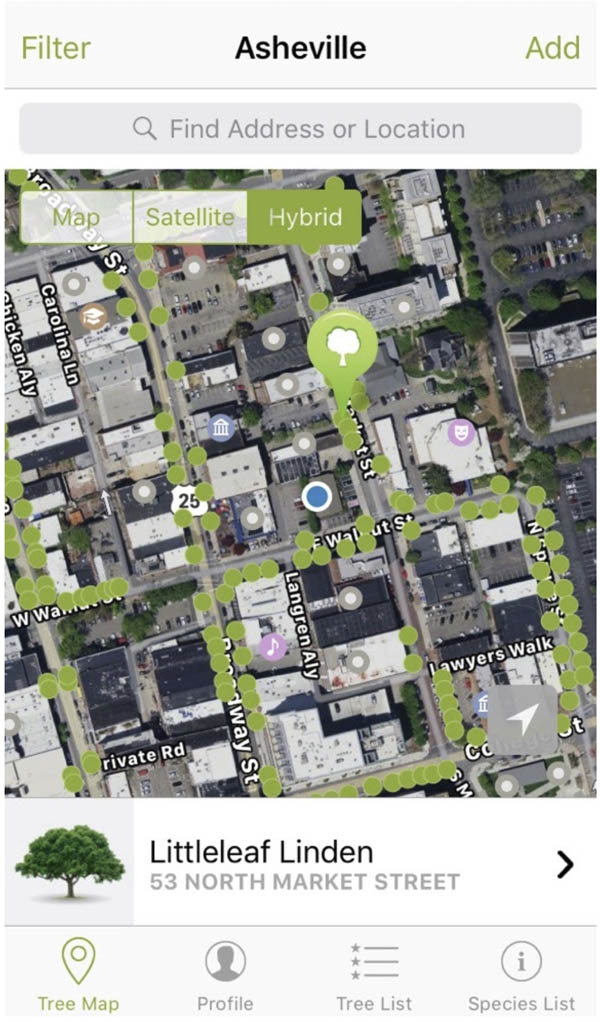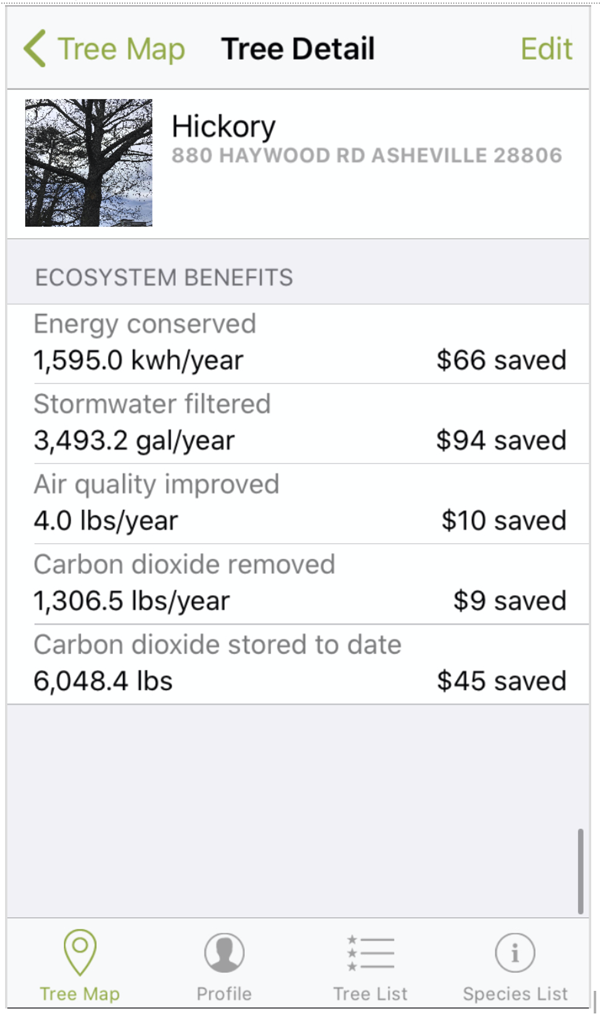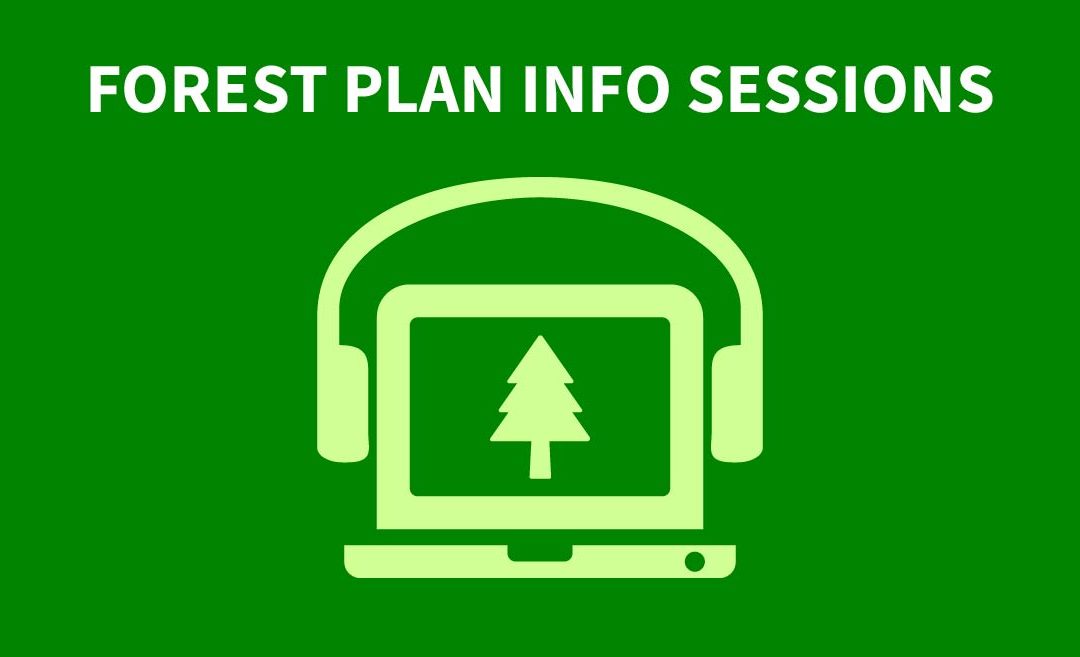Our Scavenger Hunts Will Help You Learn About Your Neighborhood’s Native and Invasive Species
Our Scavenger Hunts Will Help You Learn About Your Neighborhood’s Native and Invasive Species
These days, many of us are spending more time at home. Now that the weather is warming up, we hope you get the chance to get outside and explore your neighborhood! The next time you’re out for a stroll, we hope you’ll consider taking along one of our scavenger hunts to learn a thing or two about your neighborhood!
To start, we’d like to challenge you to keep an eye out for something that doesn’t belong — non-native invasive plants. At MountainTrue, much of our work on public lands is dominated by concerns about invasive plants, and we’ve spent thousands of hours removing them from our most important forest areas. However, it is far easier to stop these species before they take root, and our yards are often the source. If you’d like to get involved, the first step is to learn what to look out for by downloading our Neighborhood Invasives Scavenger Hunt!
We’d also like to better acquaint you with 10 native species that often grace our urban and suburban areas, with our Introduction to Neighborhood Natives Scavenger Hunt. We hope to help you identify these species if you aren’t familiar with them, or simply share some fun facts for you more experienced botanists! If you’re not so interested in plants, we’ve also created a Native Birds Scavenger Hunt to learn about some of our most common neighborhood visitors.
We hope you’ll take this opportunity to explore your local environment with us. Tag us on social media (@mtntrue) with your finds, and happy hunting!
Download by clicking on the image below.

